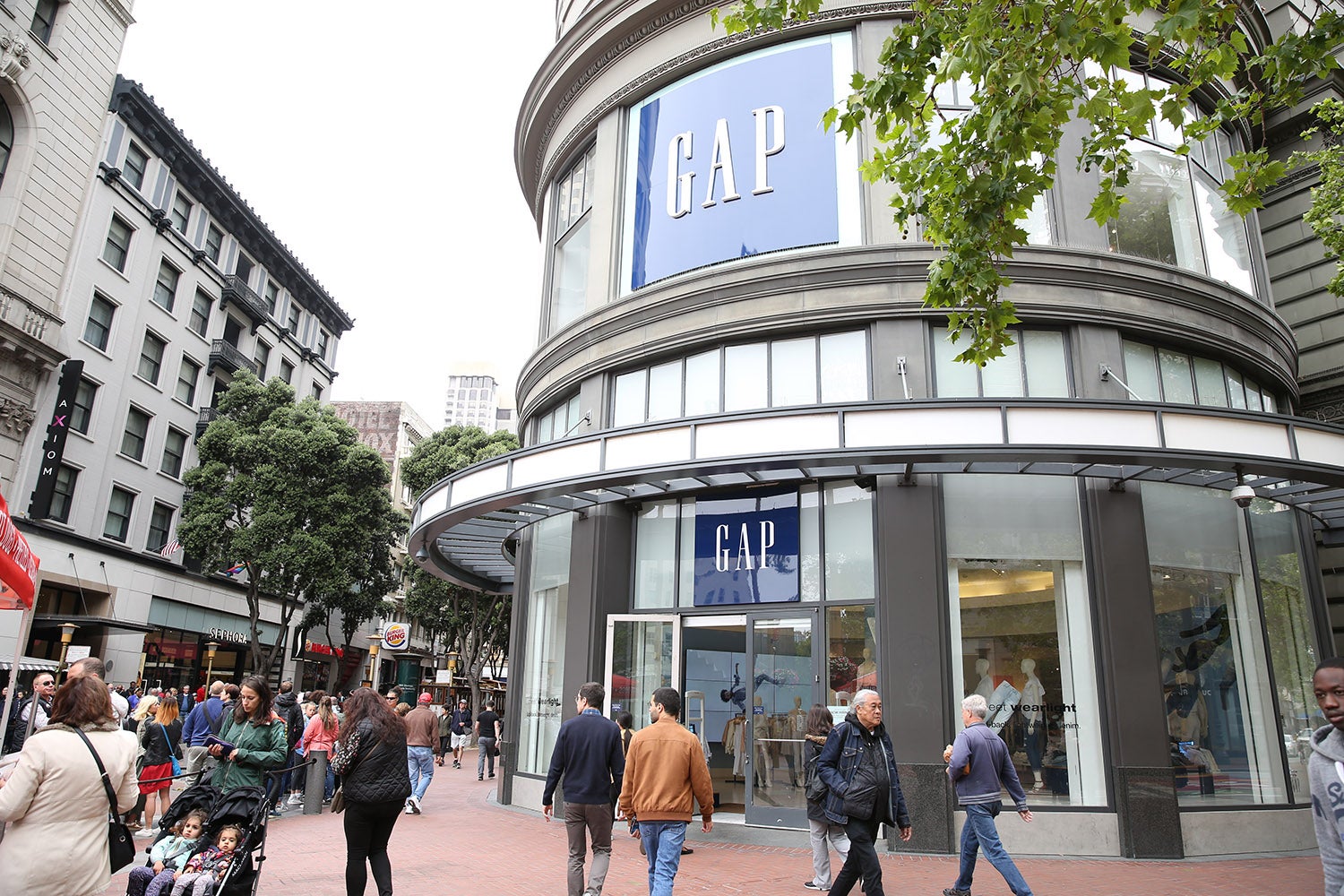Amid the mass layoffs that have touched some 10 percent of Gap Inc.’s workforce, the retailer announced last week that it had inked a deal with licensing firm IMG that will include an expansion into home decor, furniture and textiles. As part of the agreement, Gap and two of the company’s other brands, Banana Republic and Janie and Jack, will branch out into as-yet-unnamed new categories.
“This partnership with IMG presents a unique opportunity for us to bring our fashion and lifestyle brands to life in new ways for customers around the world, while still maintaining the creative integrity that makes each of our brands so distinctive and recognizable in the marketplace,” Roy Hunt, who leads Gap Inc.’s franchise and strategic partnerships division, said in a statement.
In addition to diving into the home category, the company plans to create baby equipment and baby care products, presumably under both the BabyGap label and Janie and Jack, which Gap Inc. acquired last March for $35 million. A timeline for the debut of the new product categories was not revealed.
Clothing brands getting into the home category is nothing new. European-based retailers H&M and Zara are both seeing success with their lines of decor and textiles. In the U.S., brands like Anthropologie and Urban Outfitters—both owned by parent company Urban Outfitters Inc.—have managed to expand into wider lifestyle brands, with each boasting wildly popular home categories and Anthropologie even offering a trade program. On the higher end, Kate Spade turned its happy, preppy fashion aesthetic into an ever-expanding lifestyle brand, offering everything from branded bedding and bath lines to a fine porcelain dinnerware collaboration with Lenox.
Less successful was American retailer J.Crew (which filed for bankruptcy last week). The company mounted a short-lived attempt to expand into home in 2018. Despite being well-received from a design standpoint, J.Crew’s home collection ended up being a one-off release and was quietly discontinued. The company seems to have pivoted toward partnership, as sister brand Madewell recently launched a collaboration with bedding company Parachute.
Like many fashion retailers, Gap Inc. is facing bleak prospects during the pandemic. Shortly before announcing the deal with IMG on Friday, Gap Inc. also announced the offer of new senior secured notes totaling nearly $2.3 billion. The new debt is expected to close by May 7 and is backed by the company’s real estate and intellectual property. Following that news, the company suffered a ratings downgrade by both S&P and Moody’s. In addition to forgoing rent payments and instituting mass layoffs, the company has also cut executive pay, suspended stock repurchases, deferred and suspended dividends, reduced annual capital expenditures by roughly $300 million, shifted inventory, and drawn down its entire $500 million revolving credit facility.
According to documents filed with the Securities and Exchange Commission on April 23, the company didn’t pay April rent for its 2,785 stores in North America, a move that it reported would save the company $115 million per month. In the same filing, Gap Inc. said that while it is negotiating with landlords, many stores will not reopen after the pandemic subsides.
“Meaningful change to the competitive landscape is inevitable in a time like this,” Katrina O’Connell, the company’s chief financial officer, said in a call with investors last month. “Despite expectations for a recession, the surviving retail companies will be able to realize a larger share of what’s likely to be a smaller apparel market. We expect to be one of those survivors who will have leveraged our strong brands, our engaged customers, our advantaged online business and a smaller, healthier fleet to emerge positioned to gain share.”
Homepage photo: Courtesy of Gap Inc.





























